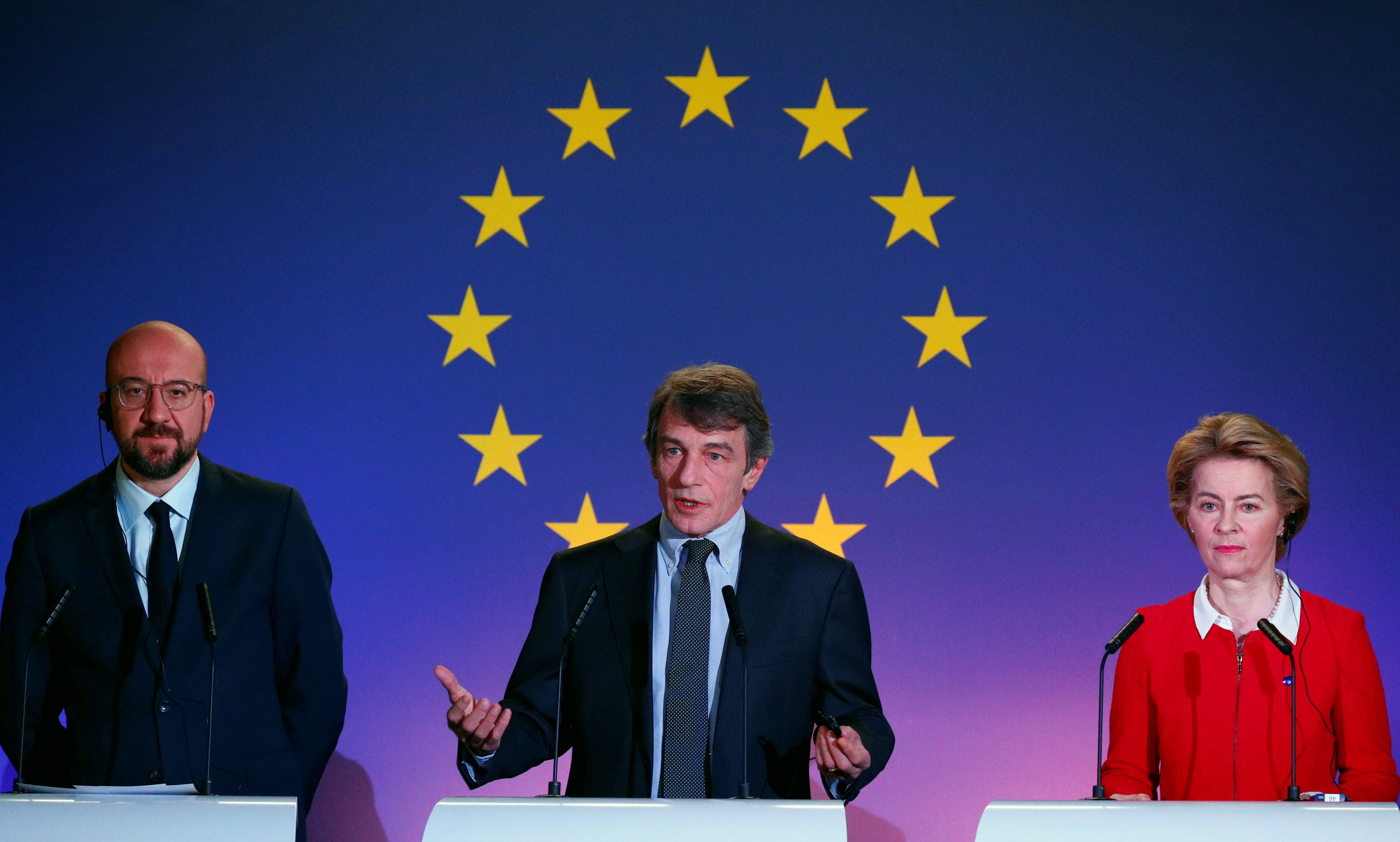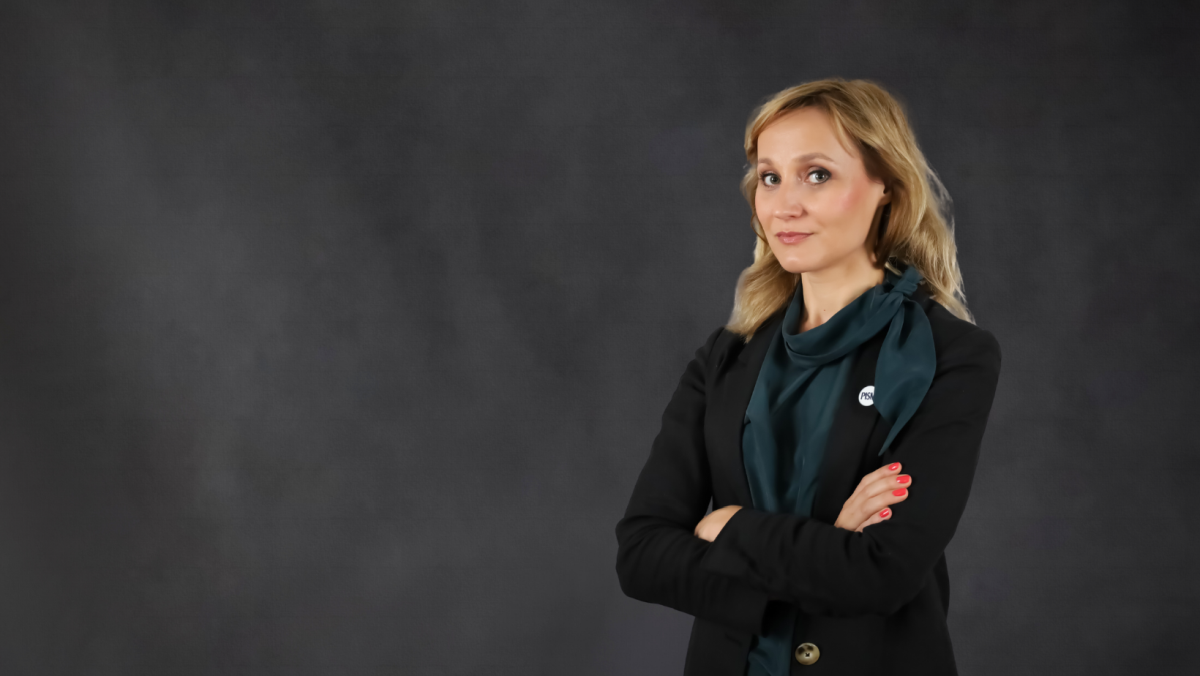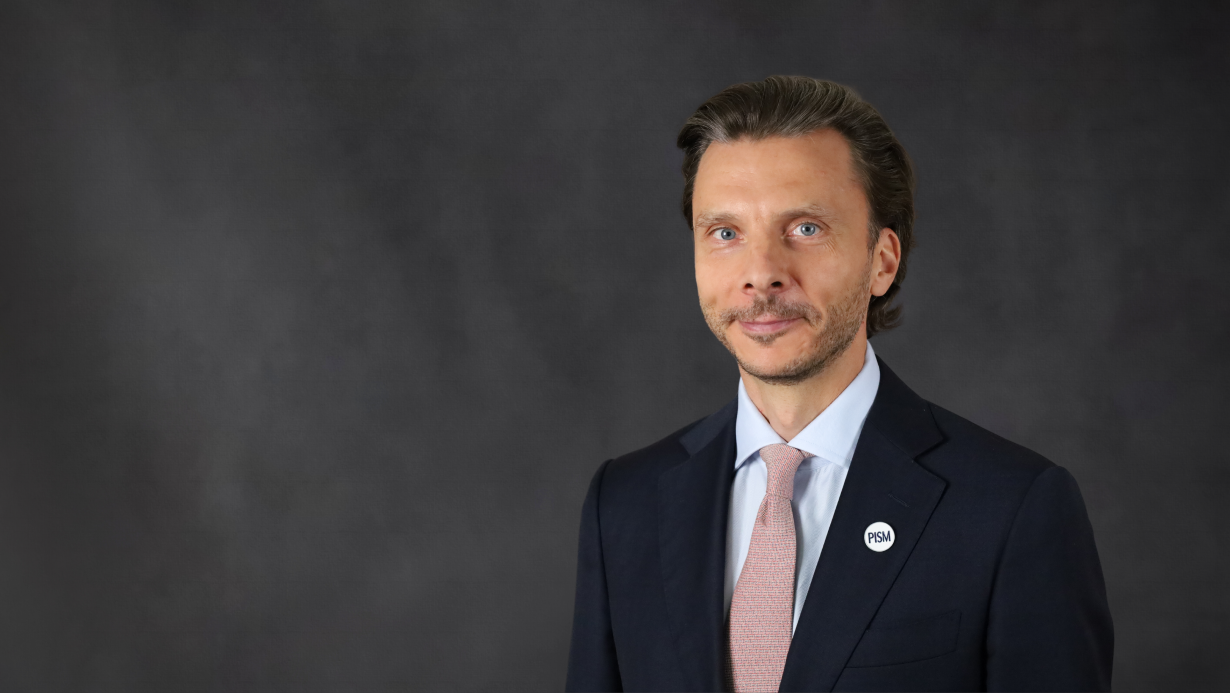
The conference would be the second stage of the discussion on the future of Europe that was provoked by a number of crises that afflicted the EU (financial, migration, Brexit). In March 2017, the EC published a “White Paper” that consisted of five scenarios for the Union and provided an impulse for discussion between EU institutions and the Member States. The EP organised a series of debates with the heads of state and government. That first stage was concluded at the European Council Summit in Sibiu, Romania, in May 2019. The declaration adopted at the summit did not resolve the discord on such important issues as the eurozone or migration policy. Even before the summit, President Macron suggested convening a conference on the future of Europe that would animate a far-reaching debate on the subject with the participation not only of politicians but also citizens and representatives of various organisations. The idea was embraced by the new EC president, Ursula von der Leyen, who included it among her priorities.
The EP, a Major Advocate of the Conference
The Parliament was the first EU institution to adopt a comprehensive position on the issue, supported by 66% of its members, chiefly those representing the largest political groups (the European People’s Party, Social Democrats, Renew Europe, and the Greens). The conference would last for two years and consist of two strands. A forum comprising politicians would run in parallel with a series of civic debates. The MEPs believe that as directly-elected representatives of EU citizens they have a mandate to play a leading role in the conference, and therefore would like to take almost half of the seats within it. The remainder would be allocated to national parliamentarians and representatives of governments and other EU institutions (EC, Committee of the Regions, Economic and Social Committee). The largest political groups assume that by coordinating their positions they can set the tone for the conference and thus make a decisive impact not only on the future direction of the integration process but perhaps also on the proposal for treaty changes, which could be an outcome of the conference. The EP suggested returning to institutional issues: the procedure for electing the EC president and transnational lists in European elections. After the 2019 elections, the largest factions failed to secure the post of EC president for one of the leading candidates (spitzenkandidaten). Eventually, the EP accepted the candidate selected by the European Council. Political group leaders now hope that by putting the issue on the agenda of the conference they will succeed in obtaining some concessions for the European Council.
The EC, the Moderator of the Debate
This time, like in the first round of talks on the future of Europe, the Commission sees itself as the moderator of the debate rather than a proponent of specific solutions. According to the EC proposal published in January, the conference on the future of the EU is primarily to enable European citizens to express their opinion on the organisation. When organising conferences, the EC wants to use the experience of Citizens' Dialogues, which were conducted in recent years (between 2015 and 2019, more than 200,000 people took part in debates organised by the EC). This time, their reach is to be wider and include citizens not yet involved in the discussions about the development of the Union. The ideas presented by the participants should be reflected in the legislative proposals of the EC. In this way, the Commission wants to legitimise its actions in the eyes of the citizens.
The thematic scope of the conference proposed by the EC is close to the expectations of the EP. The discussion is to focus on two main strands. The first concerns the EU priorities set out in the Commission’s programme. The second refers directly to the institutional proposals set out in the EP position. Despite thematic convergence, the Commission is more cautious about the objective of the conference than the Parliament. For example, the EC position does not mention the revision of the treaties. However, the Commission does not rule out such a scenario if it gains the recognition of citizens during the consultation.
Different Positions of Member States
The reform proposals and the question of their implementation invariably divide the Member States. In a joint declaration on the conference published at the end of November 2019, France and Germany expressed openness to treaty changes. Although they did not specify their expectations, earlier announcements by Macron suggest that they could be aimed at expanding the competences of the Union, for example, in the field of migration policy, strengthening integration in the euro area, and greater diversification of EU membership. France and Germany were in favour of dividing the conference into two phases—institutional issues would be discussed in the first one, and sectoral policies in the second. However, most Member States remain distant from the proposals to amend the treaties and support a different agenda. At the end of January, ministers gathered in the Council pointed to the need to address primarily the policies set out in the EU Strategic Agenda for 2019–2024 (including economic, climate, and social issues), putting institutional issues aside. The Member States also do not want the EP to dominate the discussion in the conference, and therefore propose a more balanced representation of EU institutions in this process.
Poland, which was the main promoter of treaty changes in 2016, is currently showing more restraint in this matter. The government remains open to including treaty changes in the discussion and to develop recommendations in this regard at the conference. It wants, however, the European Council to keep the leading role in defining strategic EU reforms and possible treaty changes.
Conclusions
Discussions on the future of Europe conducted since the publication of the “White Paper” by the EC revealed significant differences of opinion between the Member States regarding the direction of preferred reforms. Moreover, the positions of the EU institutions before the next phase of talks announce competence disputes between the EP and the Council for the leading role in the process. This calls into question the success of the conference, especially its potential for drafting treaty reform.
The conference may turn out to be a repeat of the debate from recent years, that is, a loose exchange of opinions on the shape of the organisation, not leading to concrete conclusions. Also, linking the topic of the conference with the work programme of the Commission and the EU strategic agenda, based on which the EC will soon present draft legislation, creates the risk that the conference will discuss issues that will be decided by the Council and the EP before its work is completed.
However, the lack of many constructive conclusions from the discussion so far can be seen as an incentive to continue the debate. In addition, as the crises that have forced the EU institutions and Member States to focus on emergencies abate, favourable conditions for the talks have arisen. Even if the conference’s achievements are modest, its conduct will contribute to strengthening social trust in the Union, which, although in recent years has increased overall (in 2019, it was 43%, i.e., 10 percentage points more than in 2015), it remains low in several Member States (including France and Greece).
Before the next European elections, a compromise on the procedure for selecting the EC president is needed. Last year, discord on this issue pushed the Union to the brink of a serious institutional crisis. The support secured by von der Leyen in the EP was only nine votes over the required absolute majority. Had she lost the vote, the Member States and parliamentary factions would have probably engaged in prolonged disputes to find another candidate.








